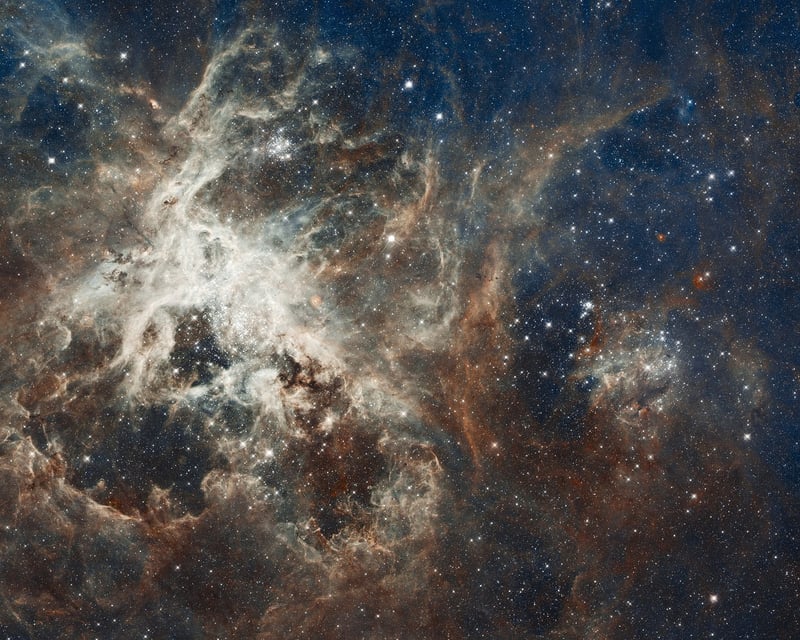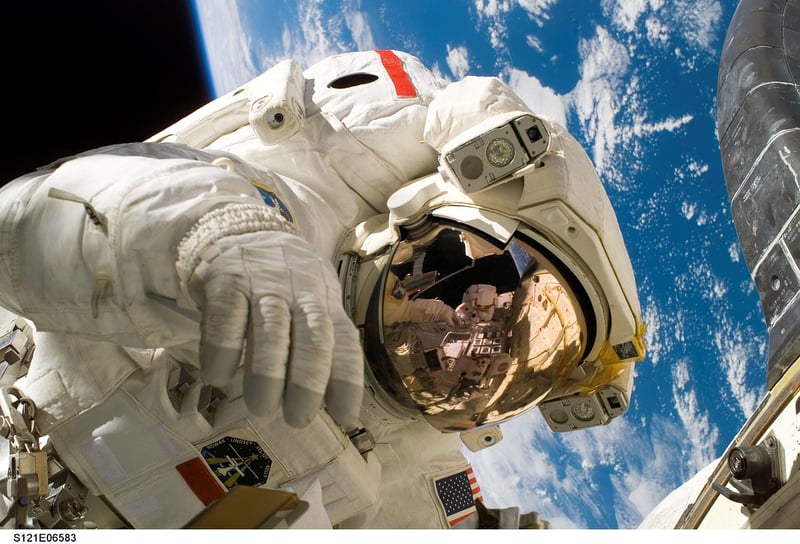Future Exploration
Exploring Time and Space: The Future of Exploration
Space exploration has always captured the imagination of humanity, pushing the boundaries of what we know and understand about the universe. The idea of exploring time and space, delving into the mysteries of the cosmos, has been a driving force behind scientific advancements and technological innovations.
The Current State of Space Exploration
With the development of space agencies like NASA, SpaceX, and ESA, we have made significant progress in exploring our solar system and beyond. Missions to Mars, the Moon, and distant planets have provided us with invaluable data and insights into the vast expanse of space.
Challenges of Time and Space Exploration
One of the biggest challenges of exploring time and space is the vast distances involved. Even with our most advanced spacecraft, reaching distant stars or galaxies remains a daunting task. Additionally, the concept of time dilation, as predicted by Einstein's theory of relativity, poses unique challenges for space travel at near-light speeds.
The Future of Space Exploration
Despite these challenges, scientists and researchers are constantly working on innovative solutions to propel us further into the cosmos. Concepts like warp drives, wormholes, and advanced propulsion systems are being explored to make interstellar travel a reality. The development of space telescopes, such as the James Webb Space Telescope, promises to unveil more secrets of the universe.
Image Gallery


Conclusion
The future of space exploration holds endless possibilities for humankind. As we continue to push the boundaries of our understanding of time and space, we open doors to new discoveries, technologies, and opportunities that could shape the future of our civilization.
Let's continue to look up at the stars, dream big, and explore the infinite wonders that lie beyond our Earth.
